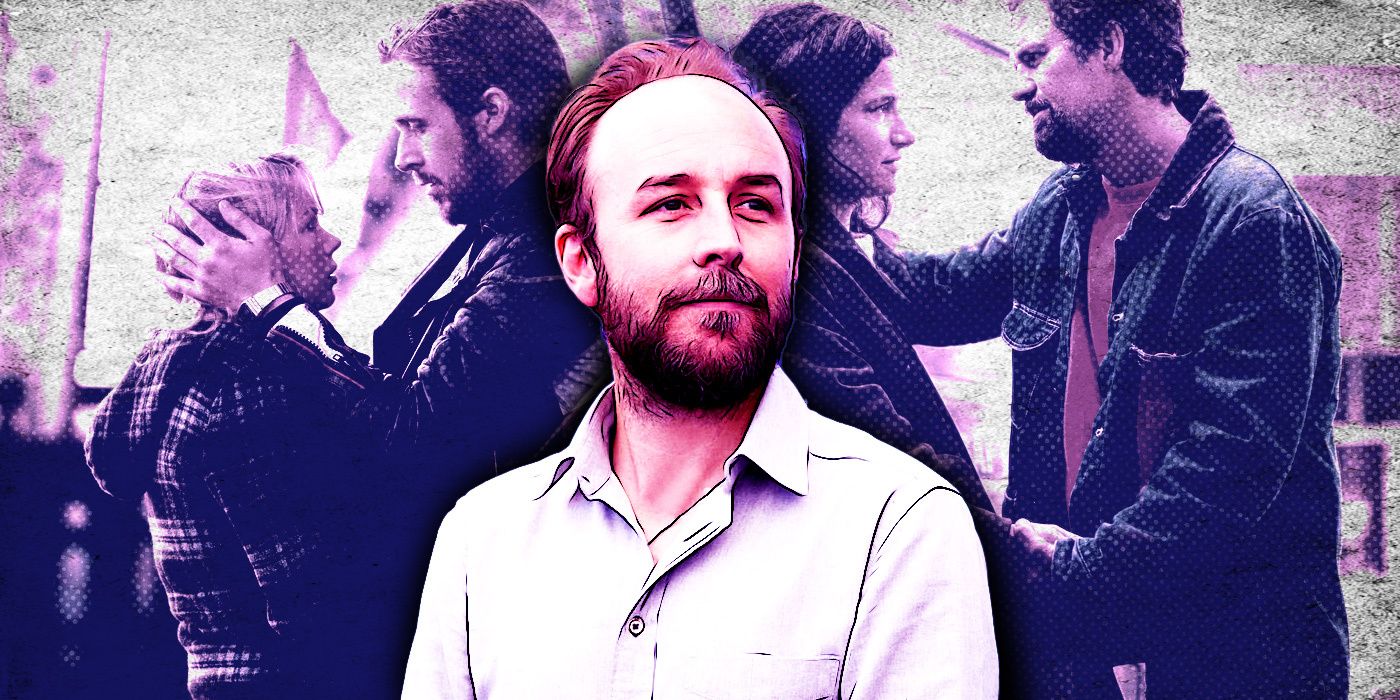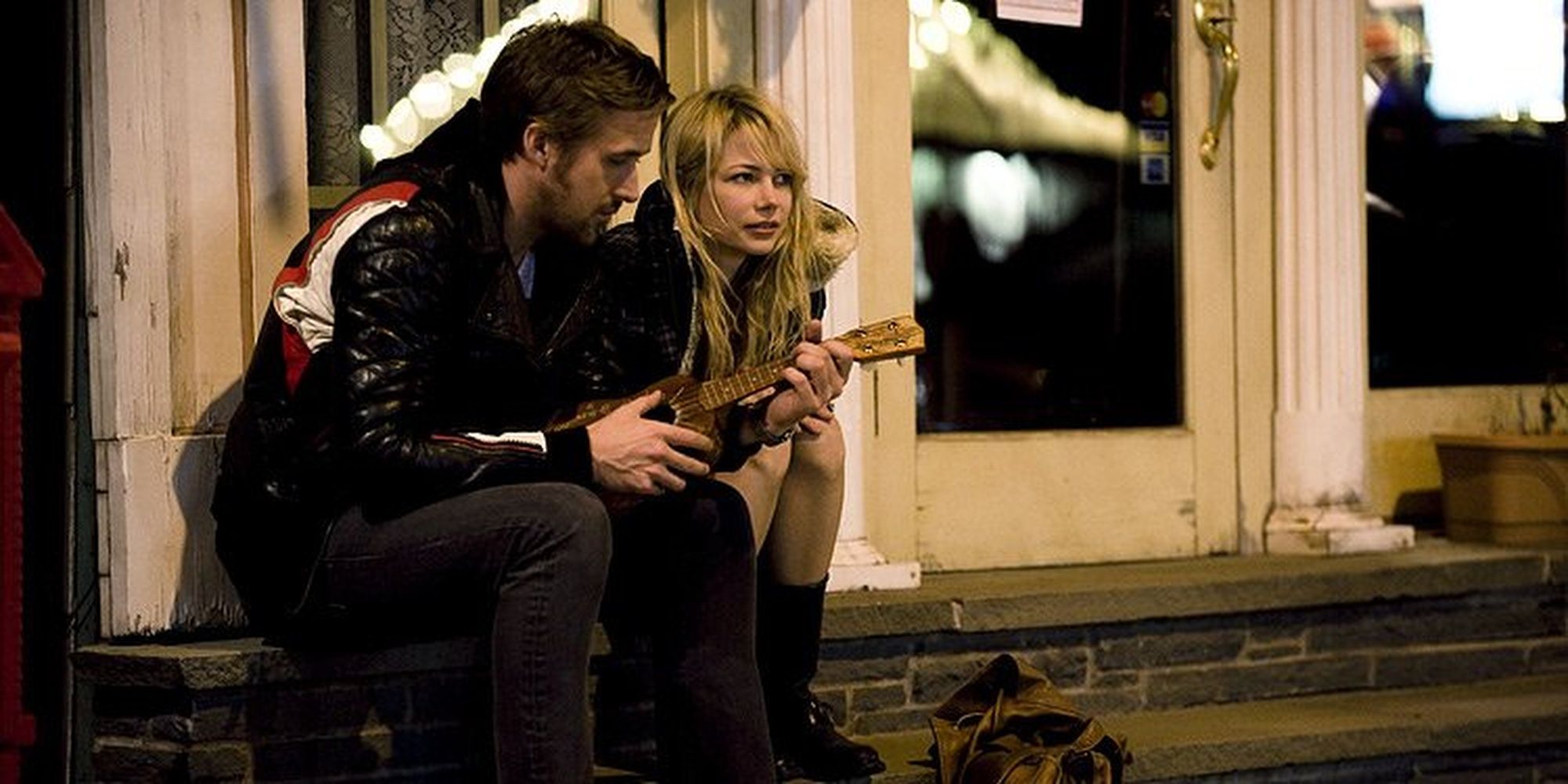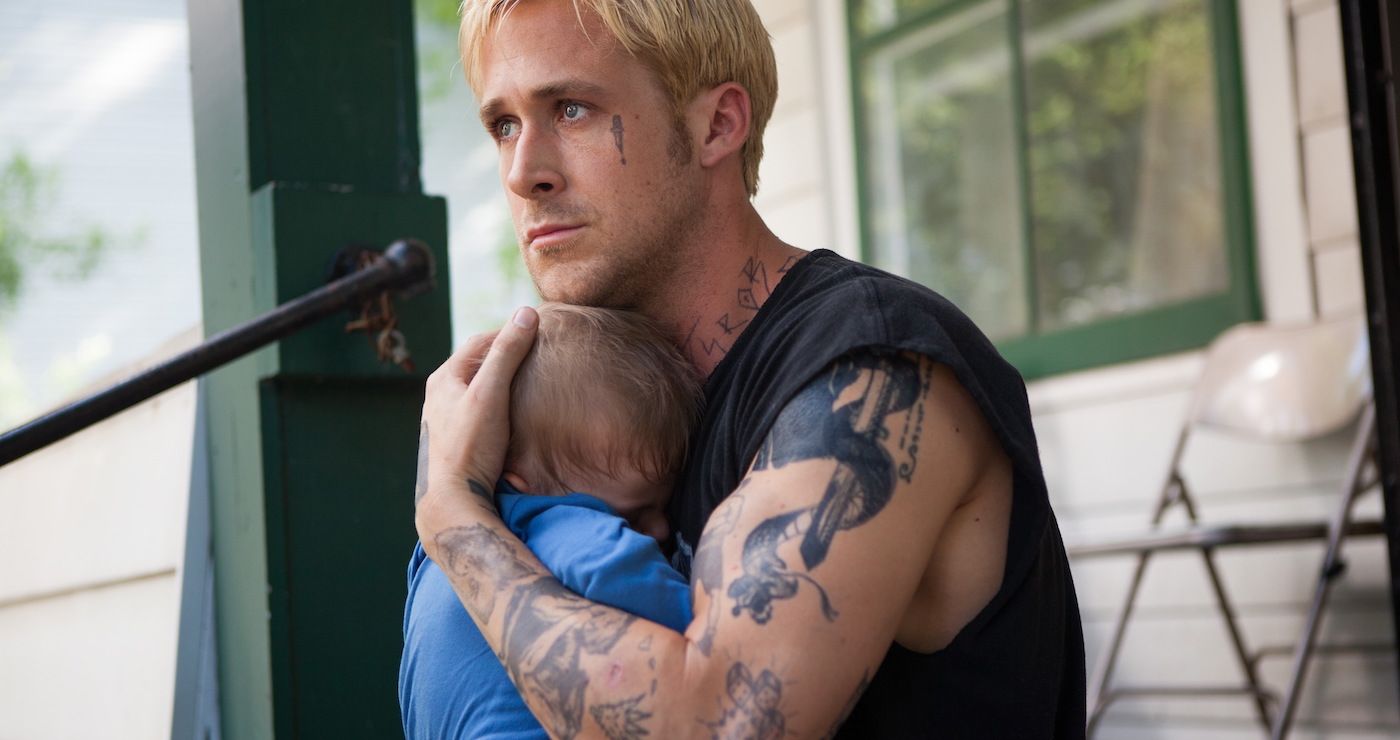Tales of new romance, courtship, and marriage have dazzled audiences since the beginnings of cinema and theater even before that. One only has to consider the great comedies of Ancient Greece, or the tragedies written by William Shakespeare to see how the modern love story has evolved over the centuries. In fact, some of the most celebrated and universally adored films ever produced in Hollywood are explorations of matters of the heart, such as Casablanca, When Harry Met Sally, and The Notebook. And while not all of these movies culminate in the happily-ever-after ending we might have hoped for, very few depict the pitfalls of falling in love so many of us experience in the real world. More often than not in film the hero gets the girl, and even when he doesn’t, he still walks away from it all with his head held high. Unfortunately, this isn’t reflective of the life we live. Making a relationship work isn’t as easy as most filmmakers would have you believe and there is no beauty to be found in a broken heart. But one director who seems to fully understand this is Derek Cianfrance.
Though his filmography is, at the time of this writing, somewhat limited, the attention he has received thus far is remarkable. While Blue Valentine was Oscar-nominated, The Place Beyond the Pines was well received by critics and audiences alike. And while The Light Between Oceans didn’t reach the heights of his previous films, his first television series, I Know This Much Is True, was triumphant at both the Emmys and the Golden Globes. In each case, Cianfrance takes a long hard look at the ideas we have about true love and seeks to obliterate them. Underneath the rubble is a cinematic experience like no other.
As the first movie to put Cianfrance on every cinephile’s radar, Blue Valentine is arguably the most realistic of his films. Over one-hundred and twelve minutes, we observe the relationship between Dean (Ryan Gosling) and Cindy (Michelle Williams) as it rapidly peaks and then gradually plummets. One of the film’s defining traits is its unique structure. Rather than telling the story in linear fashion, both Dean and Cindy’s beginnings are told in parallel to their falling apart. This makes for a considerably more devastating viewing, as we are continuously reminded just how young and hopeful they once were compared to the people they have slowly become. What is even more frustrating is that we, the audience, can see where both characters are going wrong. Whereas Cindy is deliberately denying Dean the physical and emotional affection a partner requires, Dean is overcome with insecurity which mutates into anger in the blink of an eye. It wouldn’t be out of line then to suggest that what Cianfrance is essentially saying is that a relationship is never a victim to outside forces but rather of the people involved. In short, we are responsible for our own heartbreak.
This appears to be a recurring theme in the director’s other projects too. In The Place Beyond the Pines, Luke (Ryan Gosling) destroys any chance of beginning a relationship with Romina (Eva Mendes) when he becomes a criminal. Yes, he turns to robbing banks so that he can provide for her and their son, but it is this very decision that gets him killed, therefore exterminating any hopes they may have had for their future. Though more tragic than Blue Valentine, the end result is the same – a couple once in love, now doomed to be apart. Similarly, in The Light Between Oceans, it is Tom’s (Michael Fassbender) decision to reveal to Hannah (Rachel Weisz) that he and his wife Isabel (Alicia Vikander) have her baby that puts him in prison and brings about the end of their life together. The filmmaker emphasizes this sentiment once more in I Know This Much Is True. In it, Dominick (Mark Ruffalo) undergoes a vasectomy procedure after the death of his baby daughter, driving away his wife Dessa (Kathryn Hahn) who was eager to try for another child. Again, it is the actions of the characters themselves that sabotage their relationships, never something that is out of their control. That we may be the very reason why we find ourselves alone is a tough pill to swallow but one that lingers in the stomach long after the credits have rolled.
Another element of Cianfrance’s work is showing love for what it truly is. Of course, the feeling of being in love is difficult to condense into a few words, but many would say it is nothing short of magical. However, what the director effectively does is debunk the myth that we experience love problem-free. The best example of this is in The Place Beyond the Pines. During the first act, Luke suddenly turns up at the house where Romina lives with her current boyfriend Kofi (Mahershala Ali). He brings with him a new crib for his son, inviting himself into the home while Romina and Kofi are away. When the couple return, Luke strikes Kofi with a wrench, sending Romina into a frenzy. What this appears to demonstrate is Cianfrance’s belief that love can bring out our ugliness just as much as it brings out the best in us. Similarly, he seems to suggest that just because we are in love with someone doesn’t mean we are incapable of hurting them. This is once more on display in The Light Between Oceans. Despite being married to Tom, Isabel’s fury at his decision to admit that their daughter Lucy is in fact Hannah’s is so much that she refuses to support his story that would prevent him from being served the death penalty. Of course, eventually she does reveal the truth to authorities, but for a long period she says nothing as Tom rots away in prison. That is time Tom will never regain, and though she might be his wife it was all Isabel’s doing. Yet again, Cianfrance explores the damage we can cause to the ones we supposedly love the most.
So what does it take for love to truly conquer all? Apparently, it takes considerably more than just feelings at emotions. In Cianfrance’s work, commitment seems to be the key. In I Know This Much Is True, Dominick is seemingly unable to commit to Dessa entirely. If he had, wouldn’t he have been determined to try for another baby? Instead, he closed that door, making it impossible for him to father a child. Yes, at the end of the series it is implied that the couple may reunite, but it is still rather ambiguous. Likewise, in Blue Valentine, Dean is eager to make his marriage work. However, Cindy has given up. She recoils at his touch and is no longer committed to being his wife. Therefore, what Cianfrance is commenting on is the fragility of love and how balance is required to make it successful. Unfortunately, for the characters of his films this balance is often lacking and thus, they are destined to be alone.
As a storyteller, Derek Cianfrance continues to impress by bringing to light the shadows that love casts. If you’re hoping for escapism, you may want to look elsewhere. But for those who seek raw, authentic, stories filled with heart and, more importantly, heartbreak, then he is a filmmaker worthy of your time and attention. The experience of falling in love has never been bleaker, but that is exactly why his films shine. It’s about time Hollywood was honest about what it means to give yourself to another, and it’s a surprise that it’s taken this long to begin with. With a third outing with Gosling is on the horizon as they re-team for Wolfman, here’s hoping the incredibly talented director will continue to show us the true meaning of love.



